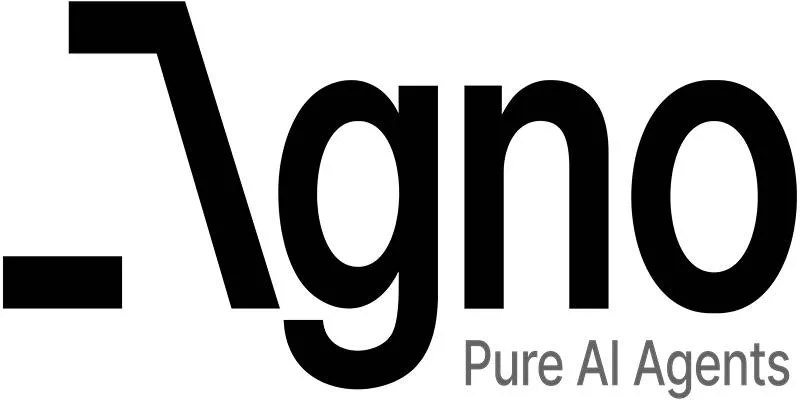IBM has announced a fresh set of AI tools designed to make AI agents more practical and accessible across industries. At its IBM Think 2025 event, the company showcased solutions that aim to help businesses move from testing AI to using it meaningfully in everyday operations.
Many organizations have struggled to deploy AI beyond pilot projects. IBM’s tools are positioned to close that gap by simplifying development, making AI agents easier to manage, and ensuring they can work in real-world settings. The unveiling reflects the growing demand for reliable AI that businesses can trust and control.
Breaking Down IBM’s New AI Agent Tools
At IBM Think 2025, the spotlight was on practical ways to help businesses finally put AI agents to work. IBM unveiled an updated orchestration platform that enables easier building, training, and monitoring of AI agents through a single, intuitive interface. Many companies abandon AI projects because they can’t clearly see what their agents are doing once deployed. This platform changes that by offering full visibility into every agent’s actions, showing not just what decisions were made, but why, and how those decisions align with company rules and goals.

What sets this platform apart is its openness. It works with a broad range of AI models and integrates smoothly with existing IT and cloud systems. Businesses aren’t tied to IBM’s models, which makes it appealing for those already invested in other machine learning tools. Built-in governance features help organizations stay on the right side of tightening AI regulations, with checks to catch bias and prevent misuse before it becomes a problem.
IBM also introduced ready-made AI agent templates designed for common business needs, such as customer support, supply chain management, and IT operations. These templates are more than just examples — they can be deployed straight away or customized to fit specific workflows. For teams without deep AI expertise, this significantly reduces setup time and makes it far less daunting to get started. IBM’s focus here is clear: to make AI agents easy to understand, easy to control, and genuinely useful from the outset.
A Closer Look at Adoption Challenges
Businesses have expressed growing interest in AI agents because of their potential to automate decisions, respond to customers quickly, and optimize workflows. But enthusiasm has often been dampened by the complexity of building and maintaining AI agents at scale. Many teams lack the expertise to fine-tune models, and concerns over transparency and accountability have slowed wider deployment.
IBM’s research highlights that companies want more than just smart algorithms. They need systems that explain themselves, adapt to shifting business needs, and comply with ethical guidelines. For example, a retail company might hesitate to let an AI agent approve credit or adjust pricing if it can’t explain how it reached its decisions. The new tools IBM introduced at Think 2025 directly address these concerns by focusing as much on oversight and explainability as on raw technical capability.
The tools also support human oversight, enabling managers to intervene and override decisions or adjust agent behavior. This human-in-the-loop approach balances efficiency with control, reassuring companies that adopting AI doesn’t mean giving up authority over important processes.
Why AI Agent Adoption is Gaining Momentum
The timing of IBM’s announcement reflects a clear shift in how businesses view AI. Initial experiments in AI tended to be isolated projects with no clear path to scaling up. But the success stories of AI-driven customer support, logistics optimization, and predictive maintenance have shown that AI agents can create measurable value when deployed thoughtfully.

IBM’s tools aim to help companies make that transition from pilots to production. As more organizations adopt hybrid cloud environments, the need to manage AI agents across multiple platforms has become increasingly urgent. IBM’s orchestration platform and pre-built templates are designed with that hybrid reality in mind, ensuring AI agents can function across private and public clouds, on-premises servers, and even edge devices when needed.
Another factor driving adoption is the growing emphasis on trustworthy AI. Companies face pressure not just to use AI, but to use it responsibly. IBM has long been vocal about its commitment to ethical AI, and the tools introduced at Think 2025 include dashboards and audit trails that make it easier for businesses to demonstrate responsible practices. This feature could prove crucial as industries face stricter scrutiny of automated decision-making.
The Road Ahead for AI Agents
With these tools, IBM is positioning itself to play a central role in the next phase of AI growth. By addressing the practical barriers that have held companies back, IBM hopes to accelerate adoption beyond early enthusiasts to a much broader base of users. The combination of flexibility, transparency, and ease of use suggests a deliberate effort to meet businesses where they are, rather than expecting them to conform to a rigid set of technologies.
IBM Think 2025 has made it clear that the company sees AI agents as more than just a passing trend. As industries from retail to healthcare to finance continue to automate, the ability to trust and manage AI agents effectively will become a competitive advantage. IBM’s tools can help companies not only adopt AI agents but also integrate them in ways that align with their long-term goals and values.
Businesses are increasingly looking for ways to make their operations smarter and more responsive without losing sight of oversight and accountability. IBM’s approach appears to be aimed squarely at striking that balance, offering a set of practical tools that bring AI closer to being a reliable, everyday partner rather than a risky experiment.
Conclusion
IBM’s Think 2025 announcement reflects the growing maturity of AI and its shift toward becoming more practical for businesses. By prioritizing transparency, flexibility, and ease of use, IBM’s tools tackle key challenges in AI agent adoption. These solutions help businesses move past pilots into scalable, responsible deployment. As trust in AI becomes more important, IBM’s approach highlights how AI can work alongside people in clear, controlled, and meaningful ways.
For more insights into AI adoption and IBM’s innovations, explore IBM’s official site or read more about AI ethics and governance.
 zfn9
zfn9























